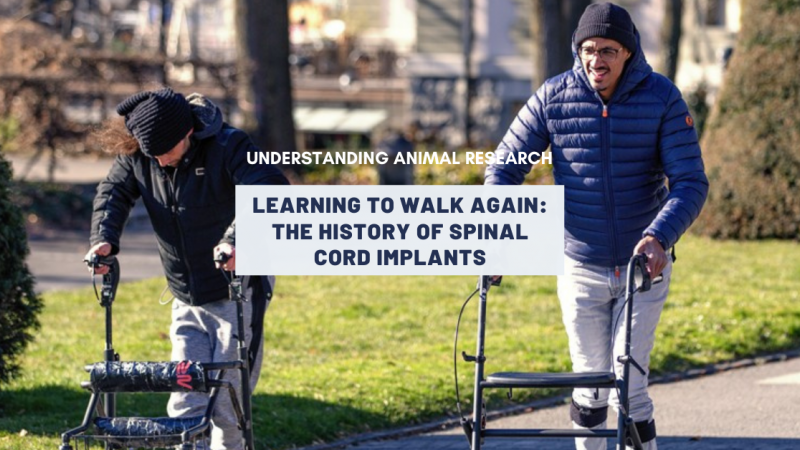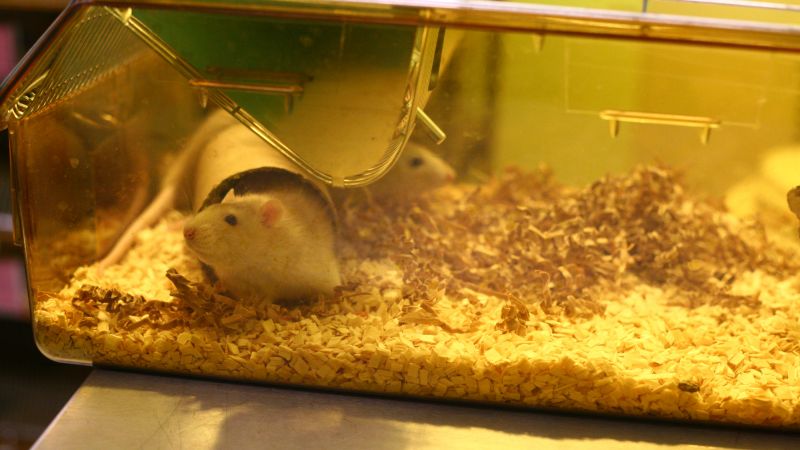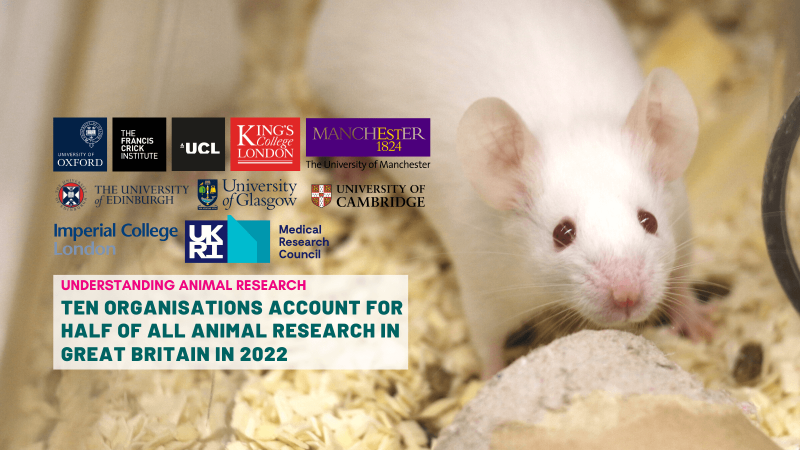 Researchers have made a step forward in treating nerve cells damaged in spinal cord injuries, using guinea pig tissues.
Researchers have made a step forward in treating nerve cells damaged in spinal cord injuries, using guinea pig tissues.
Nerve cells are covered in a thick insulating layer called myelin. Very much like the insulation around electrical wires, myelin enables signals to be transmitted down the nerve without short circuiting. There are small gaps in the myelin layer where potassium channels are exposed which allows the impulse to do a kind of frog hop along the neuron, carrying the signal down the length of the cell.
The researchers subjected guinea pig spinal cord tissue to stresses that mimic a compression injury of the spinal cord. Using imaging techniques, they saw that when the nerve becomes damaged, the protective myelin layer recedes, and potassium channels are exposed throughout the length of the nerve fibre. When the nerve cells are damaged in this way, they can no longer transmit impulses accurately or efficiently. Depending on how severe the myelin damage is, the result can be impairment, or total loss, of function of the nerve.
Spinal cord injuries share many features with multiple sclerosis (MS). The team therefore took a derivative of the MS medicine fampridine and tested it on damaged guinea pig spinal cord tissue. The treatment restored function to the neurons, which were then able to successfully transmit signals. The researchers discovered that this is because the derivative is a potassium channel blocker, which prevents the leaking of electrical current and enhances nerve conduction.
Fampridine has the disadvantage that it makes the nerve 'groggy' by increasing the time between nerve pulses. Its derivative did not have this effect, and was about 10 times more potent than the parent drug, reducing the likelihood of side effects. The compound will now be tested in live animals, and for use in MS as an alternative to fampridine.
Multiple sclerosis page on AnimalResearch.info
Spinal injury page on AnimalResearch.info
Last edited: 7 April 2022 14:04



